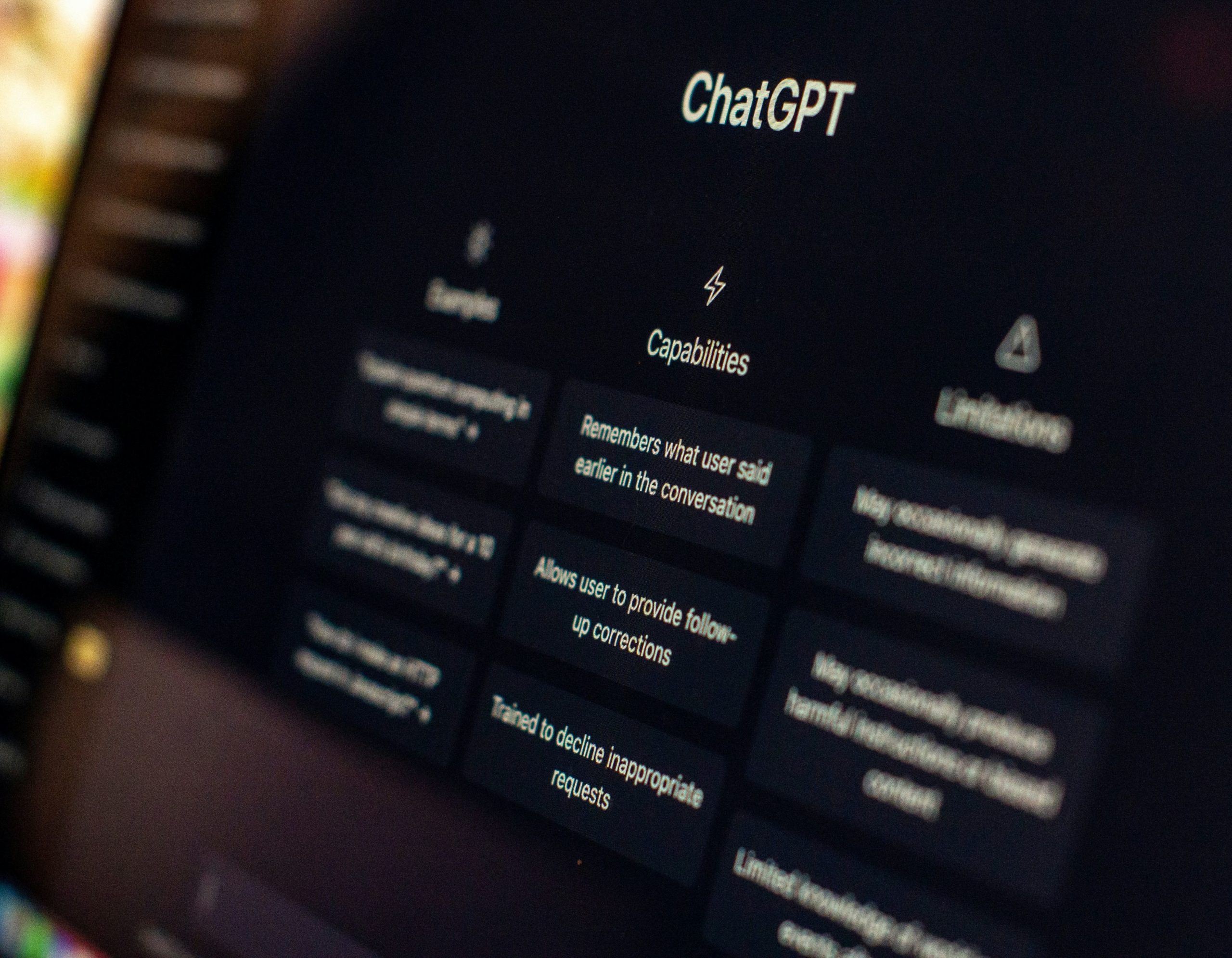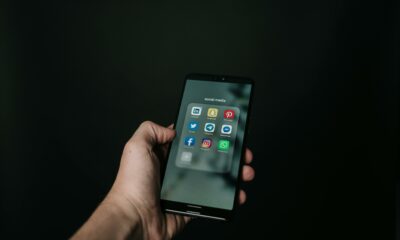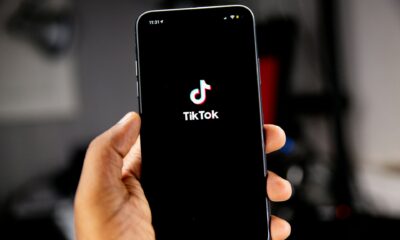Artificial Intelligence
Sam Altman Voices Concerns Over ChatGPT as Life Coach: A Cautionary Tale for Users

Sam Altman Sounds the Alarm: ChatGPT as Your Life Coach? Proceed with Caution
In an era where artificial intelligence is becoming an ever-more integral part of our daily lives, OpenAI CEO Sam Altman is raising a red flag. Recently, he expressed his unease about the increasing trend of people turning to ChatGPT for guidance on their most personal and life-altering decisions. While AI offers incredible potential, Altman’s warning sheds light on the darker side of relying on technology for things as crucial as mental health and well-being.
The Growing Trend of AI as a Life Coach
As ChatGPT has evolved, more people have started using it as a kind of digital therapist or life coach. Whether it’s seeking advice on relationships, career paths, or even personal crises, users are turning to AI models for counsel. Altman acknowledged this phenomenon, admitting that although ChatGPT could provide great advice in some cases, it made him feel uneasy.
“A lot of people effectively use ChatGPT as a sort of therapist or life coach, even if they wouldn’t describe it that way,” Altman wrote in a post on X (formerly Twitter). He added that while he could imagine a future where ChatGPT could play a positive role, the very thought of AI being used for life’s most critical decisions “makes me uneasy.”
The Dangers of Over-Reliance on AI
Altman’s unease stems from a deeper concern about how easily people can become attached to their AI models. In his post, he highlighted how OpenAI is closely monitoring users’ attachment to the models, especially as newer versions like GPT-5 begin to replace older ones. According to Altman, this attachment can be problematic, particularly for users who may be in mentally vulnerable states.
“People have used technology, including AI, in self-destructive ways,” he warned. His point? AI, while helpful, could reinforce delusions or unhealthy thinking patterns in people who are not able to discern reality from fiction.
For Altman, the real risk lies in ChatGPT potentially leading users away from their long-term well-being. Though most users can differentiate between role-play and reality, there are still those who cannot. This is a problem that OpenAI is actively tracking, especially given the mental fragility some users may exhibit when engaging with the technology.
ChatGPT’s Role in Mental Health: Is It Safe?
The debate over AI’s role in mental health has been growing steadily. Altman’s remarks bring attention to the potential legal and ethical challenges OpenAI may face as more people turn to ChatGPT for advice on sensitive topics. He also alluded to the possibility that therapy-style conversations could be subpoenaed in lawsuits. “If you go talk to ChatGPT about your most sensitive stuff and then there’s like a lawsuit, we could be required to produce that, and I think that’s very screwed up,” he added in a podcast last month.
This brings up an interesting dilemma. While AI is undoubtedly a powerful tool, its role in personal decision-making and mental health support is fraught with complications. Should AI be allowed to give life-altering advice without clear boundaries or professional oversight? This is the ethical question that Altman is grappling with.
The Backlash Against GPT-5
Altman’s recent comments come amidst user complaints about GPT-5, the latest version of the AI model. Some users voiced dissatisfaction on social media, criticizing GPT-5 for its “flat” tone and lack of creativity compared to its predecessors, like GPT-4. This user reaction points to the emotional attachment some people feel towards AI models, which, in turn, amplifies Altman’s concerns. As OpenAI continues to develop newer iterations of its models, the question arises: How much attachment is too much?
Moving Forward: A Cautious Approach to AI
Sam Altman’s cautionary stance about the overuse of AI as a life coach serves as a reminder that, while technology can be a great tool, it has limitations. ChatGPT might be a valuable resource for a quick question or a creative brainstorming session, but when it comes to making major life decisions, it’s important to be cautious and seek real-world, professional advice. As we continue to integrate AI into our lives, we must maintain a critical eye on its impact, especially on mental health and well-being.
Ultimately, Altman’s reflections call for a balance between embracing new technologies and being mindful of their potential consequences. It’s a delicate dance between innovation and caution—one that will shape the future of artificial intelligence in our personal lives.
Source:Business Insider
Follow Joburg ETC on Facebook, Twitter , TikTok and Instagram
For more News in Johannesburg, visit joburgetc.com



























